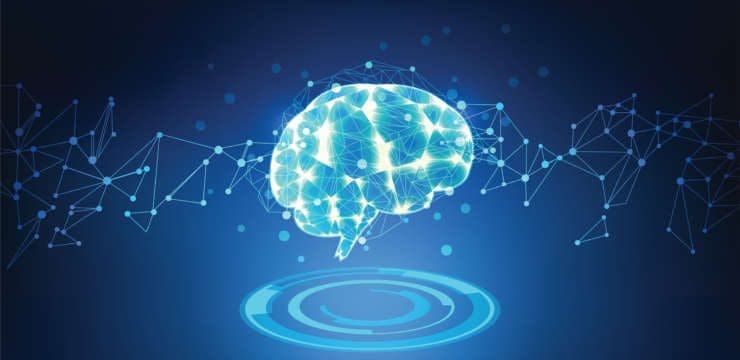Explore developmental disorders & learning disabilities and their impact on education and daily life for individuals of all ages. Introduction To Developmental Disorders When talking…


Explore developmental disorders & learning disabilities and their impact on education and daily life for individuals of all ages. Introduction To Developmental Disorders When talking…

Can acupuncture be an effective treatment for anxiety and panic disorders in addition to other treatments, like therapy and/or medication? Acupuncture For Anxiety and Panic…

Can individuals with insomnia find various ways to reduce its effects, such as a full night’s rest and promoting healthy sleep habits? Insomnia Many people…

Emotional challenges like anxiety and depression or digestive disorders can cause individuals to experience a nervous stomach. Can knowing common symptoms, what causes them, and…

“For individuals dealing with digestive issues or bowel disorders, can adding peppermint to a nutrition plan help manage symptoms and digestion?” Peppermint First grown in…

“Can acupuncture treatment help individuals dealing with or experiencing insomnia and sleep issues and/or disorders?” Acupuncture For Insomnia Acupuncture is a type of holistic medicine…

“Individuals with digestive problems that cannot be diagnosed could be experiencing functional gastrointestinal disorders. Could understanding the types help in developing effective treatment plans?” Functional…

Overexertion and repetitive stress injuries make up a fourth of all work injuries. Repetitive pulling, lifting, punching in numbers, typing, pushing, holding, carrying, and scanning are…

Viruses, bacteria, fungi, and protozoa are the microorganisms that naturally live in the digestive tract. Sleep affects gut health and vice versa. A healthy gut…

Aging Arthritis: How the body changes as the years go by is determined by an individual’s diet, physical activity/exercise, genetics, stress levels, sleep patterns, and…

Sugar is a highly addictive carbohydrate linked to obesity, diabetes, metabolic disorders, and mood disorders. Individuals ready to phase out sugar will improve overall health,…

The body is a set of complex systems, including bones, organs, nerves, muscles, and tissue. Breathing disorders are increasing, including chronic bronchitis, asthma, emphysema, and other…

Introduction The body is held up by skeletal joints that keep the body upright and provide everyday movements for the body to go anywhere at any time.…

Posture is the positioning of the body. There are two types of posture. Dynamic posture is how individuals position themselves when moving, like walking, running,…

Introduction The brain’s main function in the central nervous system is to send out neuron signals from the brain and to the entire body. These…

Musculoskeletal Nutrition: Musculoskeletal conditions are non-communicable conditions/disorders and are the most common conditions that chiropractors and physiotherapists treat. Unhealthy lifestyle practices like smoking, an unhealthy…

Introduction In the endocrine system, there is a butterfly-shaped organ that is located at the base of a person’s neck. This is the thyroid and…